The Shiites in the Middle East see themselves becoming the laughingstock of the Islamic world. Earlier this week, Iran tried for the second time to inflict heavy damage on Israel with a massive missile attack. Some 181 ballistic missiles were fired at Israel, but no one was killed, except for a Palestinian from Gaza, on whose head a missile fell directly. The Sunni world sees through this charade and admires Israel’s courage and tactical initiative. The “pager” attack in Lebanon killed 54 high-ranking Hezbollah terrorists and rendered thousands unfit for combat. The Iranian missiles caused no significant damage. This could be dangerous and might drive the Persians to madness to avoid losing their honor.
The Shiite terrorist militia Hezbollah is concerned about the reactions of the Sunni world, which is celebrating their lack of success and sees the war with Israel as a “second battle of Karbala,” in which the Shiites suffered a major defeat. The journalist Ibrahim al-Amin, a mouthpiece for Hassan Nasrallah, defends Hezbollah and promises victory over Israel. Hezbollah and the Shiites sense an impending defeat and are mobilizing their best spokespeople in the media to defend the Shiite idea and honor within Islam. The Sunnis see a unique opportunity to end Iran’s power play and its threats. This is what the Shiites and Hezbollah fear. And those who helped the Sunnis in this case, or in the so-called “second battle of Karbala,” were the Jews. This makes the situation even worse, and this sentiment was reiterated by the second Iranian missile attack on Israel.
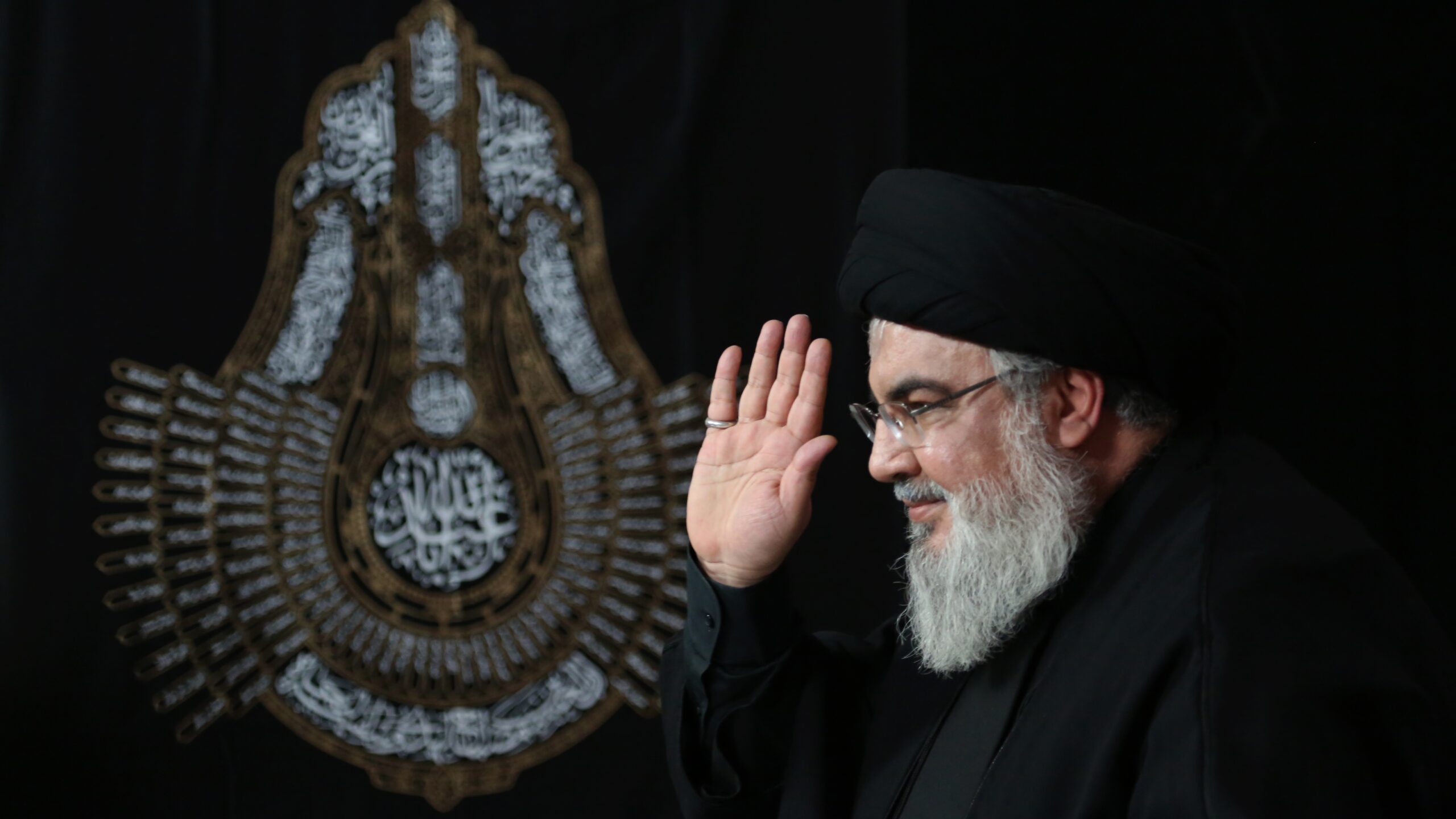
The Lebanese newspaper Al-Akhbar, also a mouthpiece for Hezbollah, published the headline the day before yesterday: “There will be no second battle of Karbala.” In the Battle of Karbala, which took place in 680 AD near the central Iraqi city of Karbala, the Mohammed’s grandson Hussein was killed. It was a power struggle over the succession of the Prophet. With this battle, the Shiites’ hope of placing their third Imam as the second Umayyad caliph, as the head of the Islamic community in place of Yazid I, failed. The battle ended with the victory of Yazid’s followers and a massacre of Hussein’s supporters—ultimately leading to the split between Shia and Sunni Muslims. The Battle of Karbala stands in post-Shiite Islamic history as symbolic of the struggle between “good and evil” and is regarded as one of the most tragic events for the Shiites. Since then, the date of the battle has been known as “Ashura” and became a central day in the Shiite faith. What Hezbollah is experiencing in Lebanon in the war against Israel is today compared and celebrated by many in Sunni Islam to the historical Shiite defeat in the Battle of Karbala. This is what the Shiites, Iran, and Hezbollah fear.
Hezbollah is mobilizing its best spokespeople to save face. Ibrahim al-Amin, who was a close confidant of Nasrallah, published an article in Al-Akhbar this week rejecting the claim that the current war is a repetition of the historical Battle of Karbala. Although Nasrallah had died as a “martyr,” his situation was fundamentally different from that of Hussein, the Prophet Mohammed’s grandson. The Muslim world had betrayed Nasrallah, despite his advocacy for the Palestinian cause and the support he had provided to Gaza through the resistance he built over the last 40 years. “Hassan Nasrallah has become an eternal symbol for all revolutionaries,” al-Amin emphasized. “He was killed while defending Jerusalem and Palestine. Until the last minute of his life, he was thinking about how to fight America and Israel.”
Syrians are celebrating in NW #Syria, amid news that #Hezbollah leader #Nasrallah is likely dead.#Hezbollah was responsible for countless months & years-long sieges, in which 1000s died & others were forced to eat grass & animal feed to survive. pic.twitter.com/vDY7wBDudE
— Charles Lister (@Charles_Lister) September 27, 2024
In Syria, Sunnis celebrated Nasrallah’s death and expressed their joy over Hezbollah’s troubles. In northern Syria, people distributed sweets and took to the streets to celebrate the event as a turning point in the fight against Shiite oppression. The family of Syrian dictator Bashar Assad belongs to an Alawite offshoot of the Shiites. In Lebanon too, especially in Sunni areas, there were demonstrations supporting Nasrallah’s removal. The nationwide jubilation underscored the ongoing tensions between Sunnis and Shiites in the region, particularly after the Syrian civil war in 2011 and Hezbollah’s direct intervention alongside the Assad regime—the so-called “Shiite axis of evil”—Hezbollah, Syria, and Iran.
In addition to Syria and Lebanon, there were also reports of celebration from other Middle Eastern countries, such as Iraq and Jordan. There, the Sunnis see the event as an opportunity to dramatically weaken Shiite power in the region, particularly that of Iran and its allies like Hezbollah. The joy over Nasrallah’s death stems from the dominant role his terrorist militia played in the killing of many Sunni civilians over the years, which has further deepened the Sunni-Shiite divide throughout the Middle East. Even in conversations with Palestinians around us, most are enthusiastic about Israel’s missile defense system. They hate the Shiites and know that the Israeli defense system also protects them. But these are Palestinians I have personally known for years, and I want to believe that they are telling me the truth.
Hezbollah feels threatened; it sees its existence in jeopardy. Therefore, al-Amin appeals to the Arab and Muslim world to support the resistance in Lebanon: “We are going through difficult days, but we are not giving up, as the enemy claims. We must wait for the end of this battle round, not the end of the war,” writes al-Amin. In other words, Hezbollah sees the current war as just one round in the greater war against Israel. It plans to recover and prepare for a major offensive against Israel later.
According to Israeli security sources, various Hezbollah spokespeople are trying to reassure the Shiite community in Lebanon, which is very disturbed by the elimination of Nasrallah and Hezbollah’s military leadership. The spokespeople say that this is a long struggle, in which Hezbollah and the “axis of resistance” will ultimately prevail, and that “strategic patience” is needed. This is only one round of fighting, and even if Hezbollah loses this round, it will win the next.
نَصرٌ مِنَ الله و فَتحٌ قرِيب… pic.twitter.com/l53SfjEslF
— KHAMENEI.IR | فارسی 🇮🇷 (@Khamenei_fa) October 1, 2024
Iran’s Supreme Leader, Ali Khamenei, tweeted this week: “Victory comes from Allah, and salvation will come soon.” In response, I reminded that Israel knows and believes something similar: “Victory comes from the God of Abraham, Isaac, and Jacob, the Almighty of Israel—and it is already here.” Israel and Persia, Israel and the Shiites are not just waging a missile war; they are primarily waging a religious war. Both sides are quoting their scriptures, Ali Khamenei quoting the Koran and Israel’s Prime Minister Benjamin Netanyahu quoting the Bible. These two scriptures drive politics in the Middle East, and this is something that Christian or Western nations simply no longer understand. This is why the foreign ministers of European countries generally have no clue about Middle Eastern politics. Perhaps a little knowledge of the Bible wouldn’t be a bad idea for a more realistic foreign policy. From experience, I know today that the Bible is more realistic than the Western politics of our time.
And I know something else: If the Iranian axis of evil is gone and the Shiites, Persians, and Iranians are no longer a threat to the Sunnis in the Islamic world, then “the Moor has done his duty.” There will then be no threat that connects the Sunnis with Israel, which in turn could be directed against Israel. In this sense, it was politically advantageous to maintain an axis of evil in the Middle East to bring Israel closer to the other Arab countries. So we wonder in this country what is realistically better for Israel. Or have the hearts of the people, between Israelis and Sunnis, really drawn closer as a result?


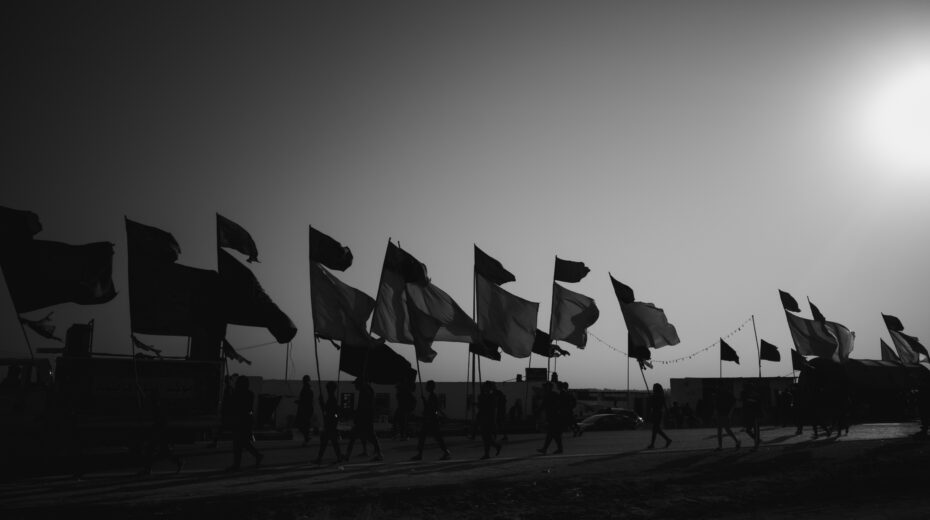



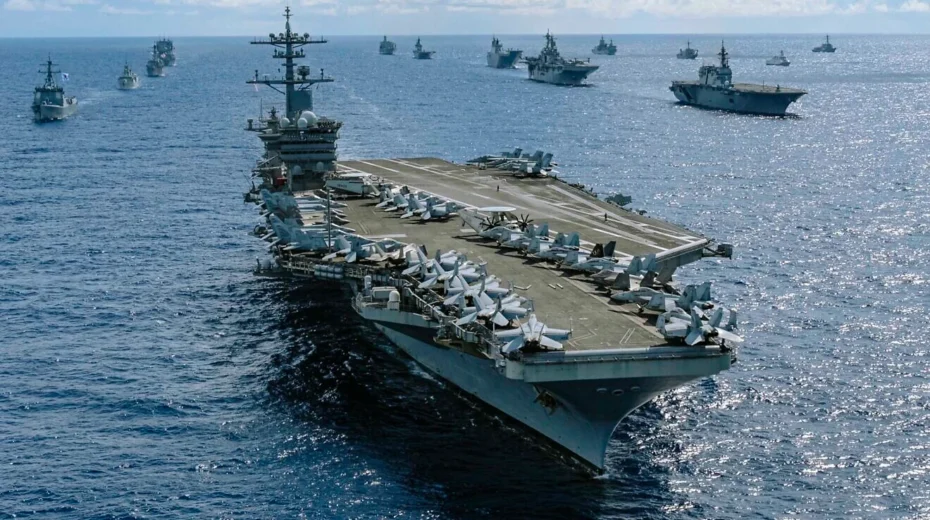



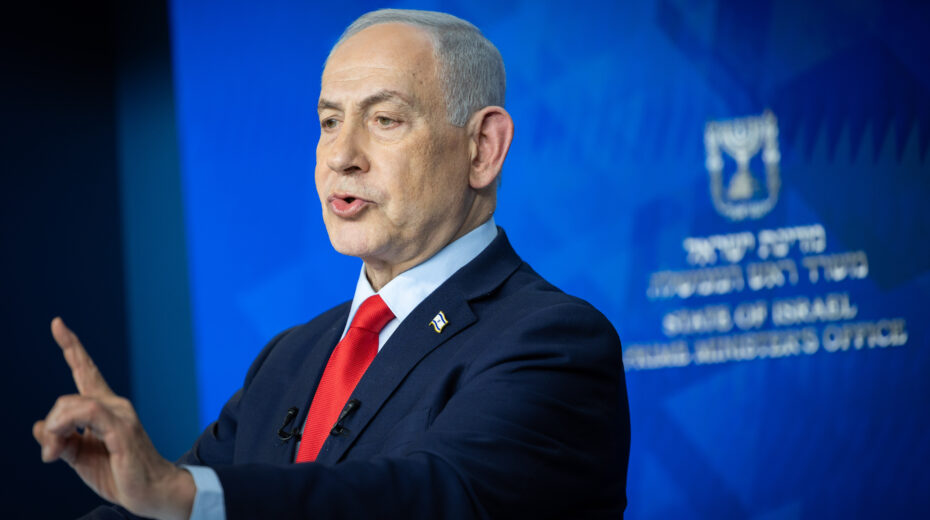
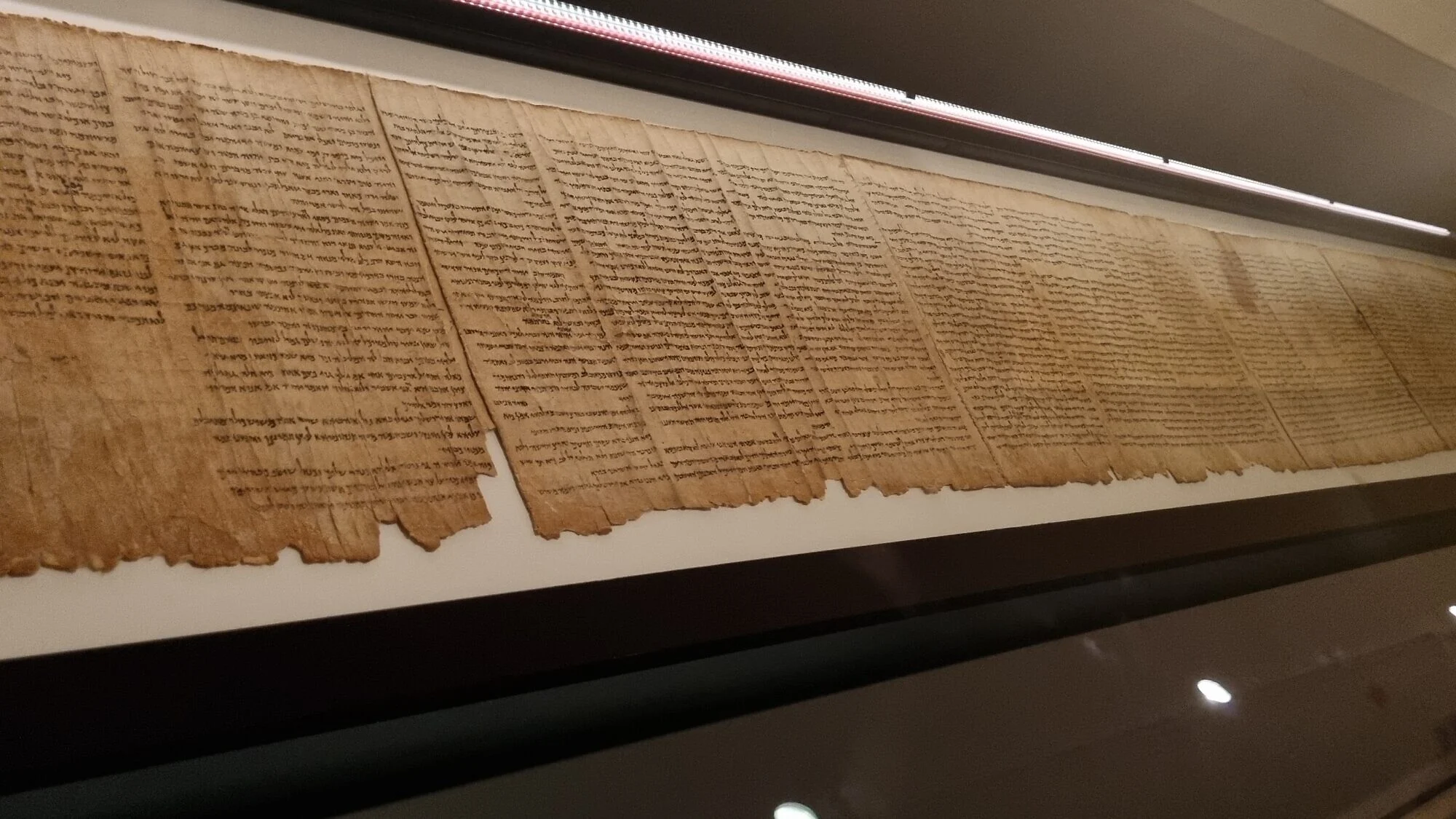

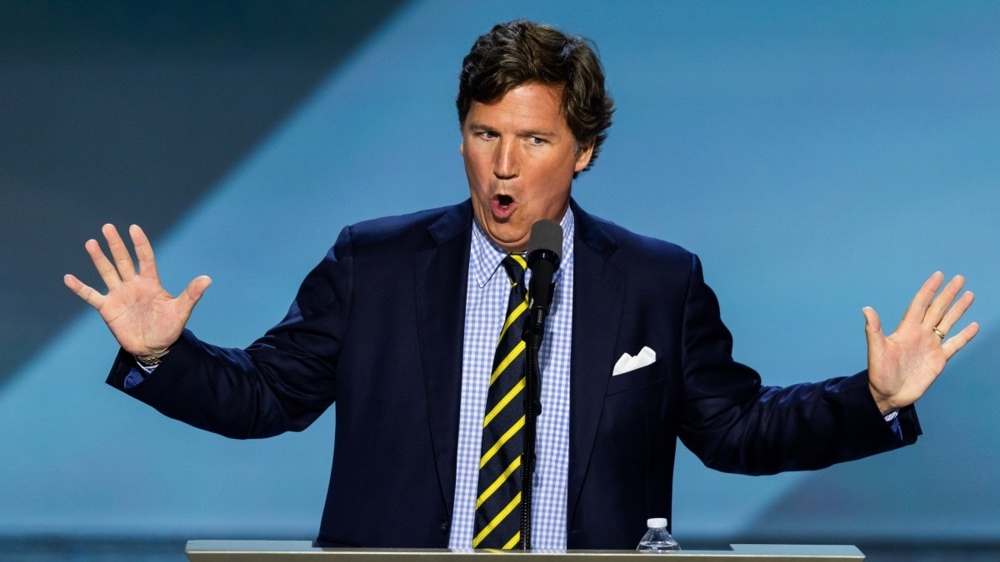

From a (radical) Sunni perspective, such as the Islamic State / ISIS, what gives more joy and what is a stronger indication of Allah’s help than that your biggest enemies (Hezbollah/Iran, Israel) are destroying each other? No doubt if Hezbollah had devastated Israel they would have had big celebrations as well.